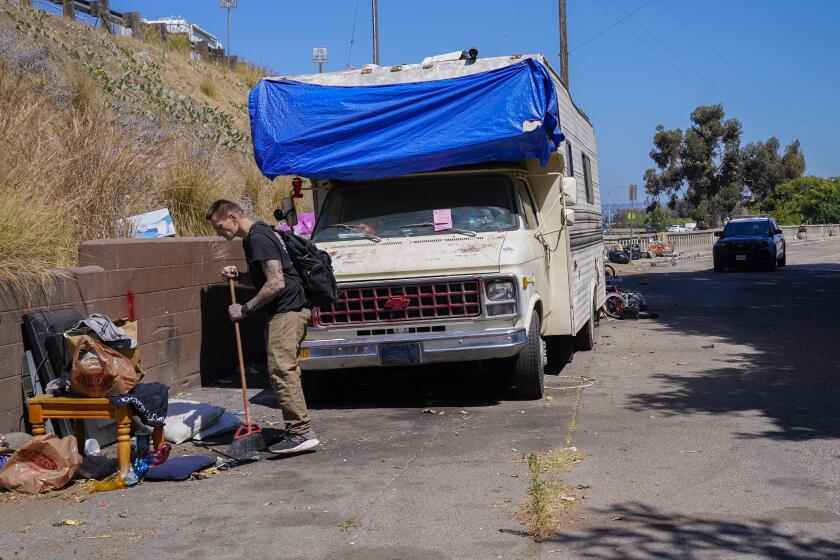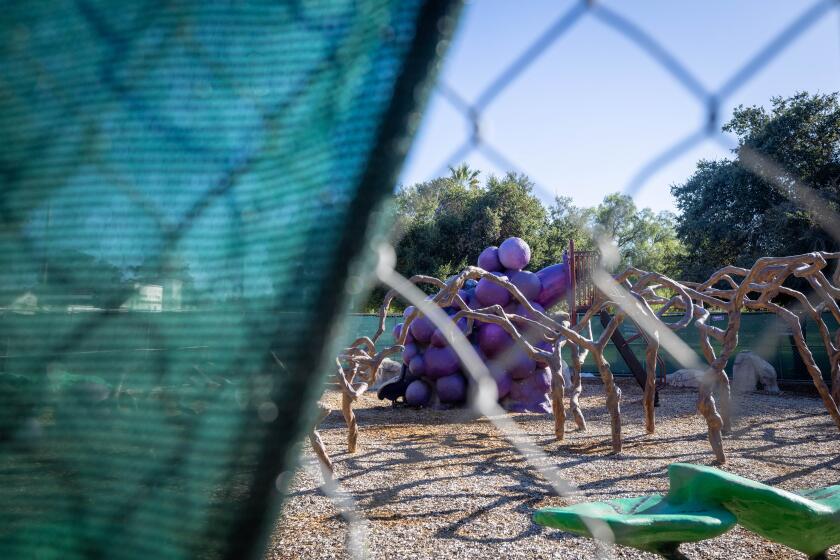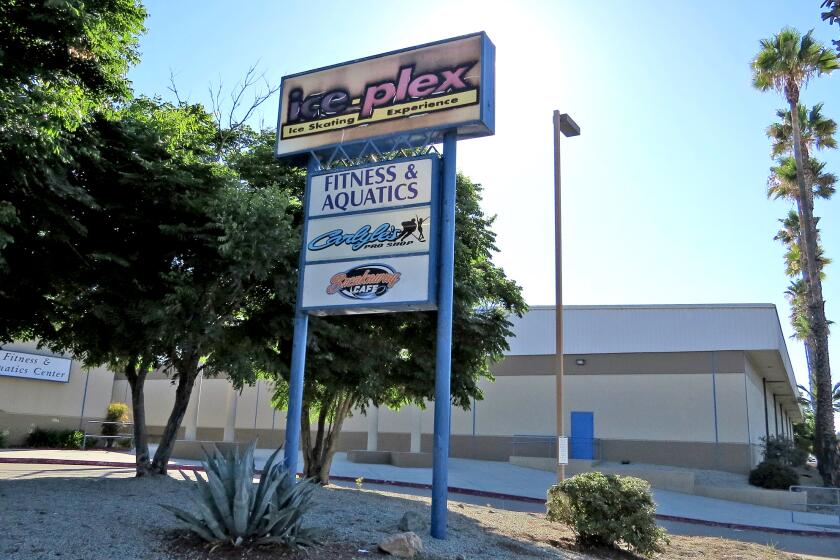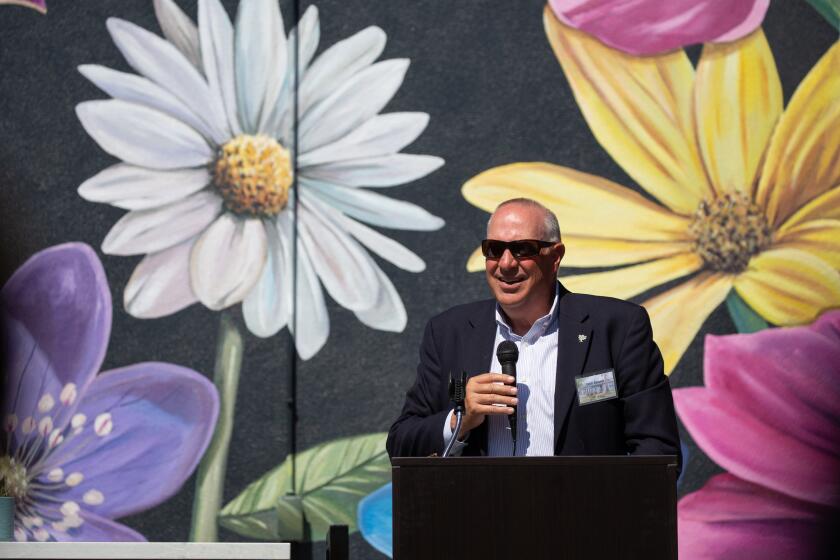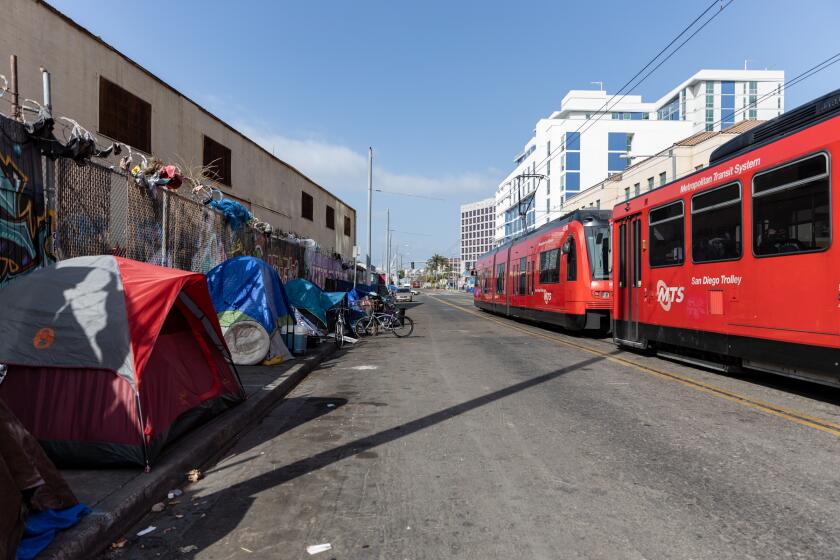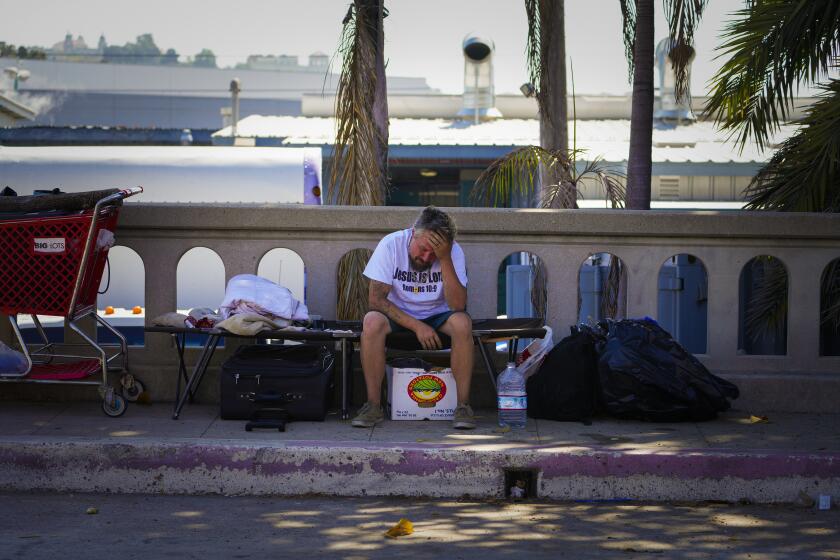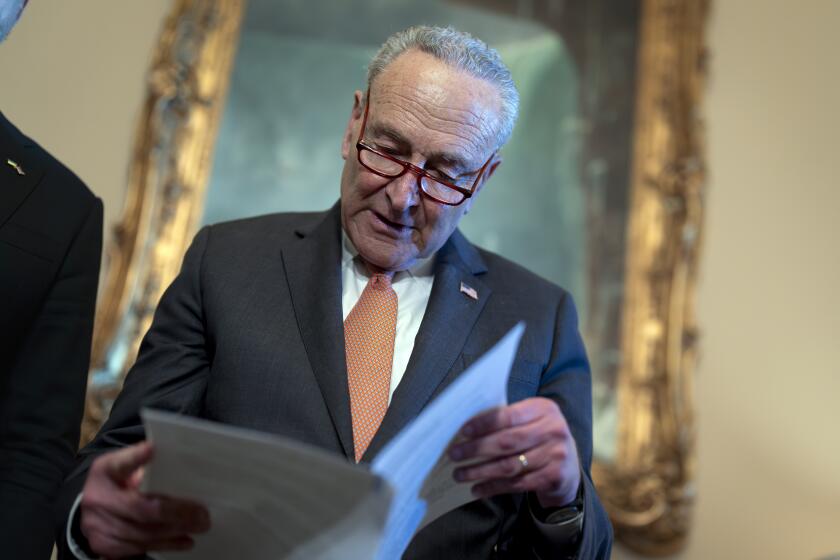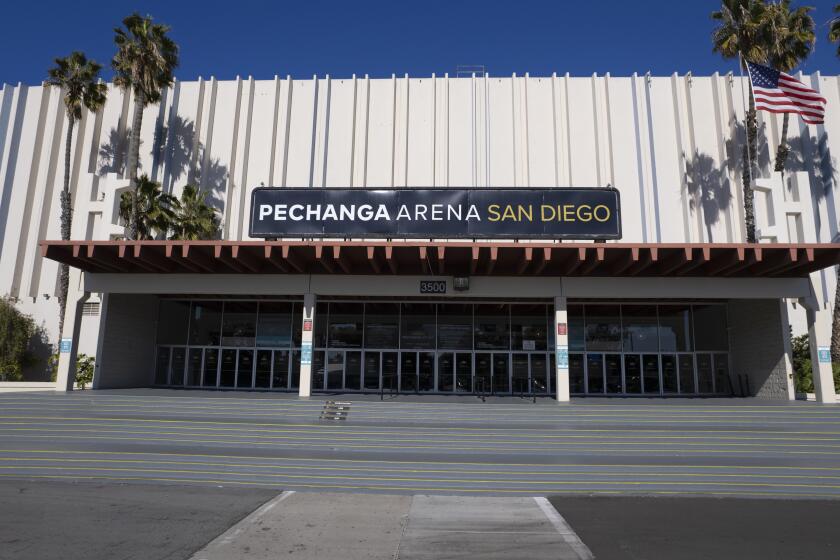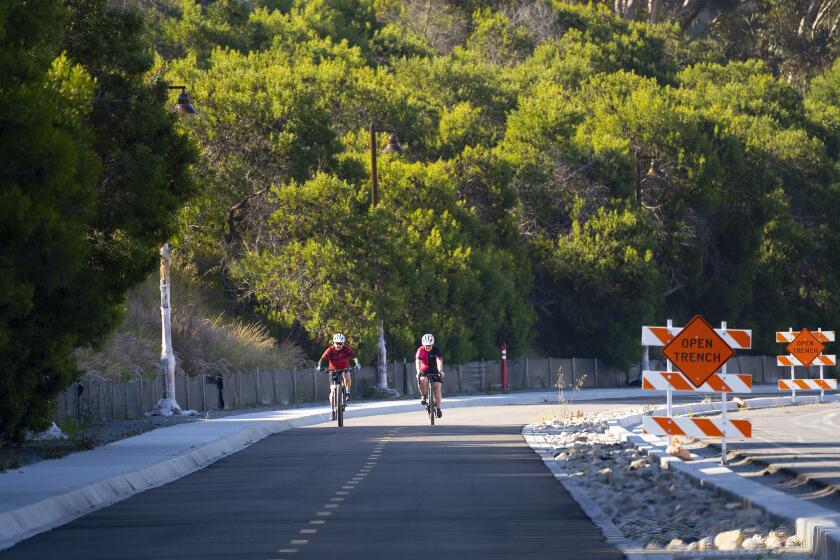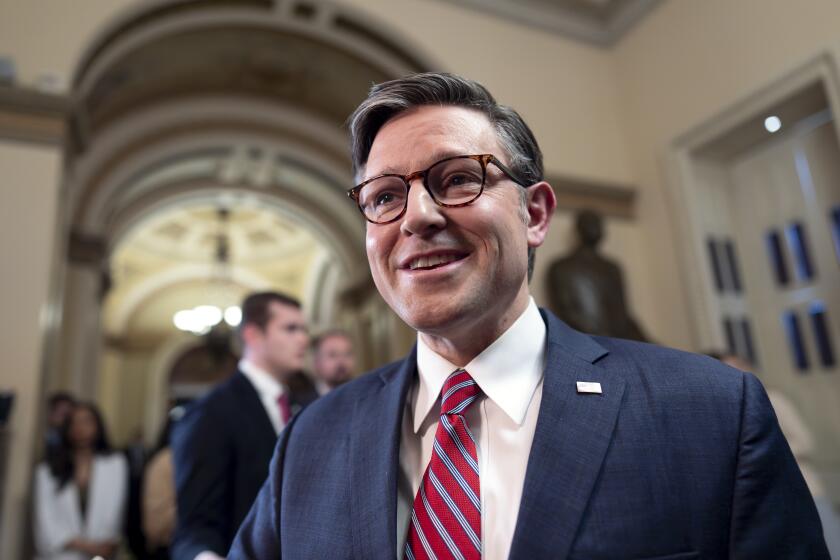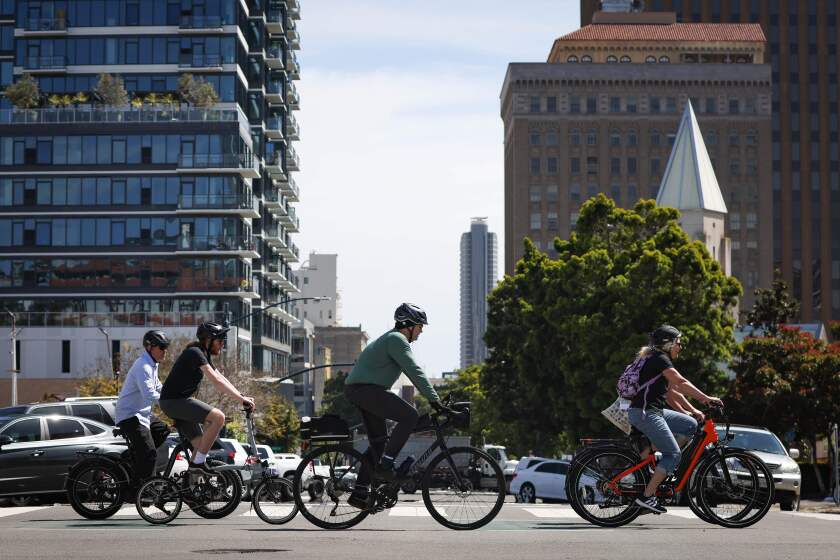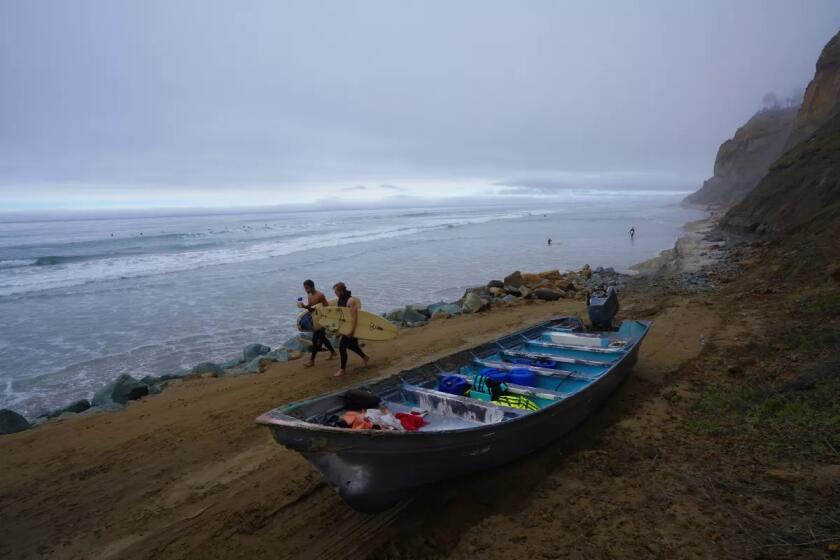San Diego County supervisors approve Fletcher’s ‘Framework for the future’
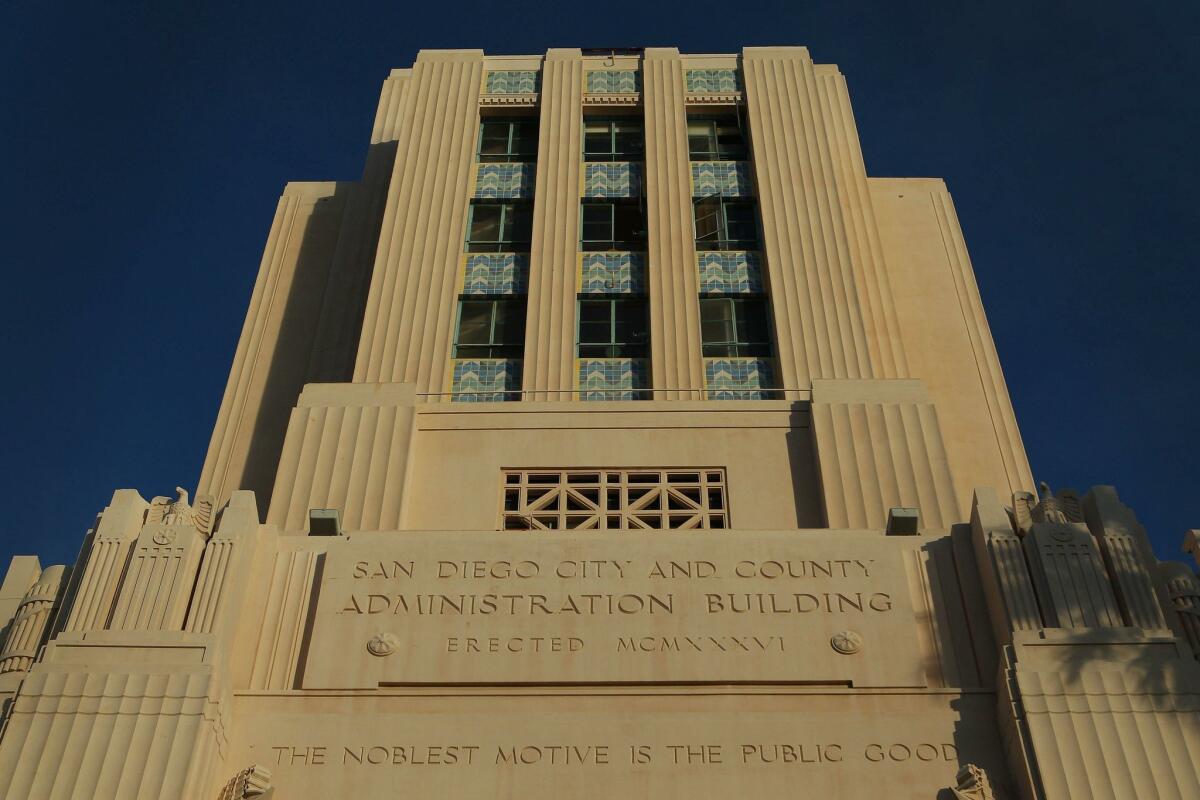
The new San Diego County Board of Supervisors on Tuesday unanimously approved a series of proposals Chairman Nathan Fletcher referred to as “Framework for the Future,” changing the board’s approach to public health, government transparency, and policies while also identify new priorities.
Fletcher said the new approach reflects the new, more-progressive board’s values.
Democrats Terra Lawson-Remer and Nora Vargas were sworn in to the board on Monday, joining fellow Democrat Fletcher to make a new majority. Board members Jim Desmond and newly elected Supervisor Joel Anderson are Republicans.
While Fletcher said the new agenda was a break from past boards’ conservative approach, Anderson and Desmond agreed to the changes after making a few recommended changes.
One of the new proposals focused on transparency. It creates a new public records portal where all requests for public documents and the responsive documents can be collected, stored and made available to the public.
The county also will create new email retention policies and an archive for easier access to historical records.
Desmond, who was often at odds with Fletcher, said he supports more transparency in the county, but the new policy also should call for committee meetings to be open. He said he was frustrated that sometimes board members would hear reports from the county’s COVID-19 committee through press conferences rather than direct communications.
The proposal called for a new subcommittee composed of Anderson and Vargas to work on improvements to transparency. Desmond said he recognized that subcommittees with only two elected officials do not have to follow open meeting rules outlined in the Brown Act, but he would like to see the new committee hold open meetings.
Fletcher said the two supervisors who will be on the subcommittee should have an option the meet just among themselves if it is more conducive, and he noted that any recommendations that would come out of the subcommittee would come back to the full Board of Supervisors.
“Unless the two members of subcommittee feel strongly about a different direction, I’m inclined to leave the motion as it stands,” he said.
Desmond supported the motion but was not happy the committee meetings remained closed.
“An item about transparency that’s still saying we want to meet behind closed doors is abhorrent to me,” he said.
The board also unanimously supported a policy that identifies racism as a public health crisis.
The proposal got support from many community groups, including the American Civil Liberties Union of San Diego and Imperial Counties, the Chicano Federation and San Diego LGBT Community Center, who all called in to address the board during the virtual meeting.
One woman objected to the proposal, saying it discriminates against White people while giving people of color an advantage.
Lawson-Remer and Vargas noted that research has shown that people of color in many cases face greater health threats than White people.
For instance, some minority groups are more likely to live in areas with higher air pollution, which has been linked to a greater prevalence of asthma, and Black mothers are more likely to die in childbirth than White mothers, research shows.
Following the vote, Fletcher and Vargas issued a joint statement.
“Declaring racism a public health crisis is an important step forward that begins to move our county in a new direction,” the statement read. “This legislation is more than just a statement of our values, we are backing it up with substantive policies designed to tackle systemic racism, and remove the barriers that prevent diversity, equity and inclusion.”
In another framework vote, the board supported taking a more data-driven approach to addressing COVID-19 and distributing funds directly to populations and communities most impacted by the disease rather than equally dispersing the money throughout the county.
The board letter outlining the proposal also called for the board to have a more collaborative relationship with the state.
Desmond supported the proposal but he took exception to some of the language in the letter, because he did not believe the previous board had a combative relationship with the state. Rather it had pushed the state for answers to its COVID-19 policies and restrictions, Desmond said.
“I didn’t run for this board to be a rubber stamp,” he said.
The board also supported the proposal to realign the county’s management of its finances and contracting, to make them cost-effective and results-driven.
As part of the new framework, Fletcher and Lawson-Remer will sit on an advisory committee that will evaluate county programs and their impact, with a goal of creating better outcomes.
“Our county’s budget should reflect our county’s values, and we’ve heard from the community that we want a budget that reflects all of us,” Lawson-Remer said.
The board also voted to direct the county’s chief administrative officer to draft new principles and initiatives to guide the Office of Strategy and Intergovernmental Affairs, which takes positions on state and federal legislation and other actions impacting the county.
Fletcher has called the county’s legislative agenda unwieldy, outdated and out of step with the new board’s values.
The new legislative agenda also will identify county priorities more clearly, with COVID-19 response and recovery, behavioral health services, homelessness, affordable housing, environmental justice and protection, and equity and racial justice topping the list.
It also calls for collaboration with the state, incorporated cities within the county and with Mexico.
Desmond said he agrees the county’s legislative agenda should be slimmed down, but he would have liked it to specifically address the county’s responsibility for about 2,000 miles of road in the unincorporated area and the issue about what to do with nuclear waste stored at the San Onofre Nuclear Generating Station.
Get Essential San Diego, weekday mornings
Get top headlines from the Union-Tribune in your inbox weekday mornings, including top news, local, sports, business, entertainment and opinion.
You may occasionally receive promotional content from the San Diego Union-Tribune.

